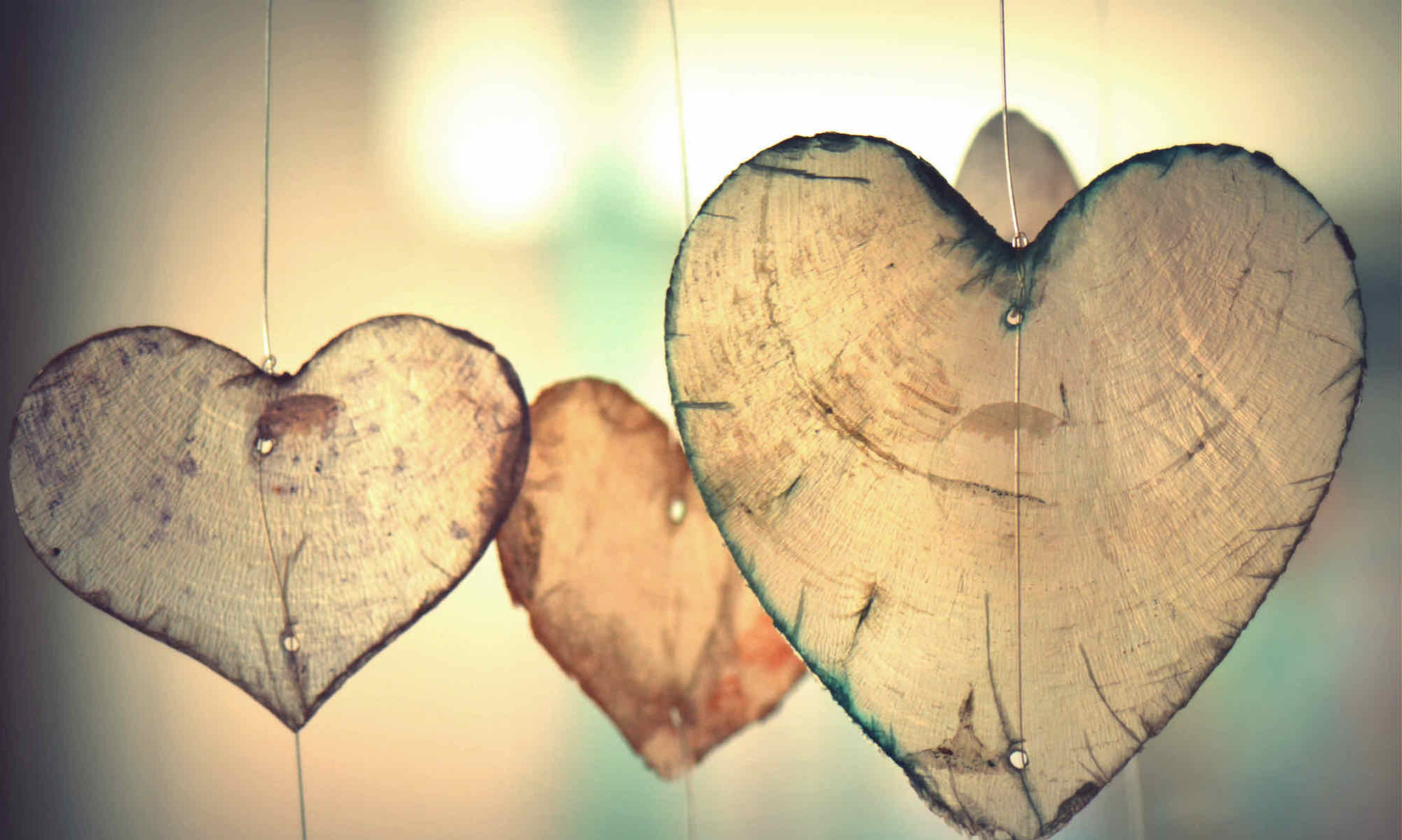Editor’s note: I wrote this two years ago. But it’s still a relevant story.
This is Penelope. Penelope is a boy. He’s transgender. He’s awesome.
When I got clear about my romantic and sexual attraction to transgender women, I came to an additional clarity about what transgender people are. Given how many transwomen desire to be seen as close to cisgender women as possible, I’ve tended to hold my own opinions of what transgender people are to myself, or at least shared with only a few.
Penelope has more balls than I do. And he’s eight.
Transgender people represent a natural extension of humanity. Transwomen for me aren’t cis-women. They never will be. That’s a good thing. The natural extension of humanity as I see transwomen was perfectly expressed in a response Penelope gave to his mother’s question, which was described by his mother in an online article
“How does it feet to be a boy with a vagina?” He replied, “Well, mom, I’m human, so it just feels normal.”
While some trans and even other members of the LGBTQI community have a hard time of it, I’m convinced transpeople have always represented a leading edge aspect of humanity, an extension that doesn’t require conforming one’s body to established societal norms. Some women have penises. Some men have vaginas. Get over it.
I get some transgender women want to be seen as “women”. That’s fine with me.
I find myself most resonating with transwomen who have little or no interest in that defining operation. Call it my preference, but there’s something deeper about that. Penelope’s mother puts it beautifully:
“Is it our job to facilitate body alterations? Or to help move the conversation more towards self-acceptance? Does having a beard make one a man? Will having a stronger jawline validate Penelope? Or is it our responsibility to keep reminding ourselves that we all have the right to simply “be” in the form that we were made?”
I agree with his mother. I love the idea of this expression of humanity emerging in public consciousness and becoming accepted as they are. To do that, humanity has a lot of growing up to do. But that growth isn’t my problem.
Or Penelope’s.

